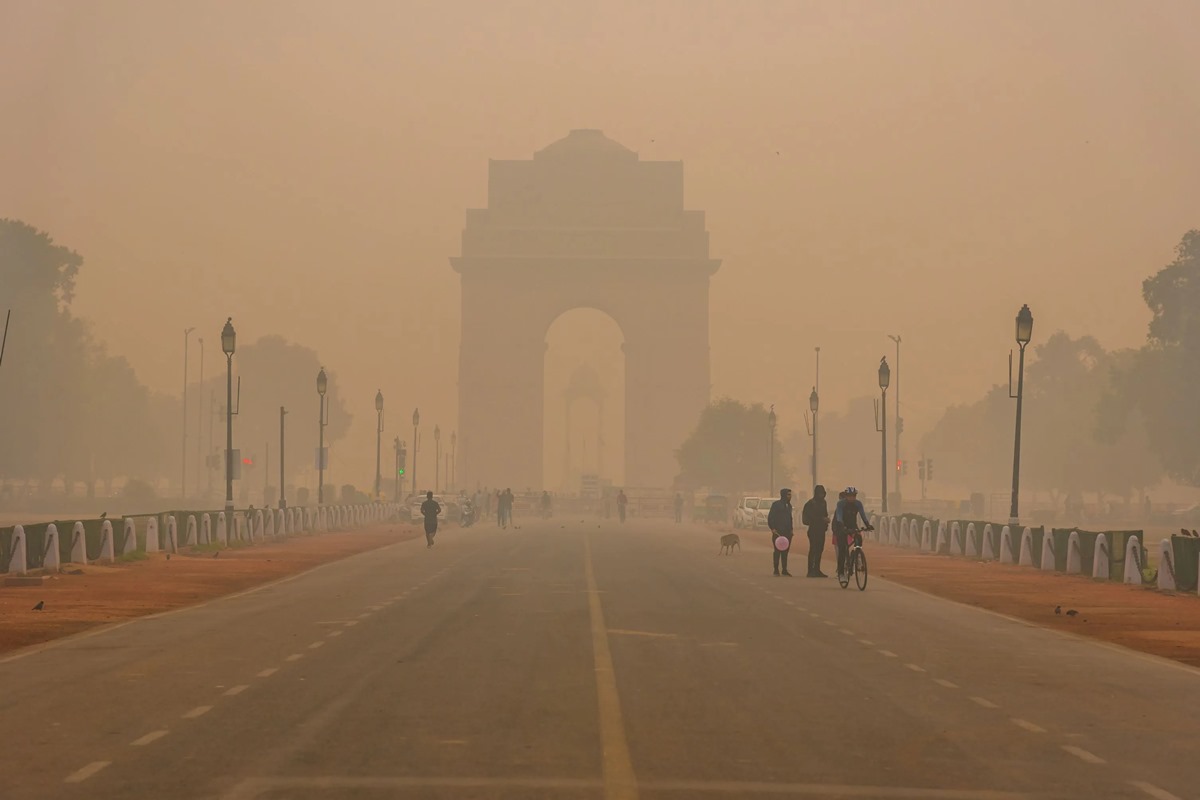There will be Question Hour in budget session: Delhi Assembly Speaker Gupta
The practice had almost been done away with by the previous AAP government.
Delhi enforces electric, CNG, and BS VI-compliant buses to combat ‘very poor’ air quality, effective November 1.

(Photo:SNS)
Delhi’s air quality remains a cause for concern as it lingers in the ‘very poor’ category, with an AQI of 336. The situation has prompted action from the Commission for Air Quality Management (CAQM), which has announced a crucial step to combat the issue.
In the early hours, a blanket of haze descended upon parts of Delhi, a visible reminder of the persistent air quality concerns. SAFAR India’s data reveals that the Air Quality Index (AQI) stands at 336, firmly placing it in the ‘very poor’ category. This predicament underlines the pressing need for measures to address the air quality crisis.
Advertisement
As a proactive response, the CAQM has mandated a significant change, set to take effect from November 1. Only electric, CNG (Compressed Natural Gas), and BS VI-compliant diesel buses will be permitted to operate. This move aims to mitigate the pollution stemming from vehicular emissions, a major contributor to the deteriorating air quality.
Advertisement
The CAQM’s directive is clear and encompassing. It applies to all state government bus services running between Haryana and Delhi. From the specified date, these services will exclusively employ EV (Electric Vehicles), CNG, or buses compliant with BS-VI emissions standards. The scope of this regulation extends to bus services operated by both State Public Sector Undertakings (PSUs) and private entities. This ensures that all public transportation aligns with the new emission standards.
This initiative signals a significant transition towards cleaner and more environmentally friendly modes of public transportation. The adoption of electric and CNG buses, as well as the use of BS VI-compliant diesel buses, reflects a collective effort to reduce the harmful emissions that have a direct impact on air quality in Delhi and the NCR.
The move encourages the use of cleaner alternatives is a crucial step in curbing the crisis. It also sets a precedent for sustainable and eco-friendly transportation systems. Such actions play a vital role in safeguarding the health of the residents of Delhi and its neighboring regions.
The decision comes in response to the ongoing struggle to combat air pollution and its adverse effects on public health. Delhi’s residents have long grappled with the consequences of poor air quality. This can lead to a variety of health issues, including respiratory problems and reduced quality of life.
Advertisement